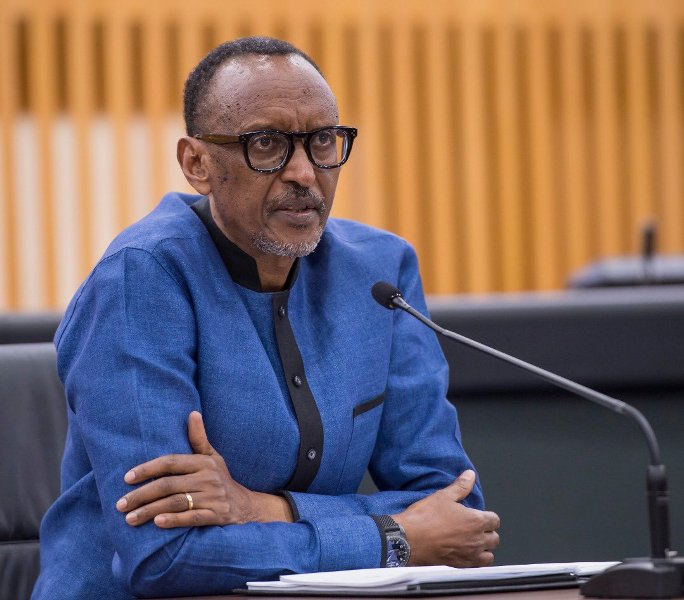Report to the Government of Rwanda on the role of French officials in the genocide against the Tutsi
In late November 2016, the Government of Rwanda’s Prosecutor General confirmed the Initiation of an investigation into the role of the French government and its officials regarding the 1994 Genocide against the Tutsi.
In light of that inquiry, the Government of Rwanda has retained the Washington, D.C. law firm of Cunningham Levy Muse LLP to review and report on the material available in the public record on the role and knowledge of French officials regarding the Genocide against the Tutsi.
This report summarizes publicly available information about the role and knowledge of French officials before, during and after the Genocide against the Tutsi. This report, while detailed, is not an exhaustive presentation of the public record. Where possible, we cite to primary sources in the record. When reviewing secondary sources, we examine the material cited therein to help determine the reliability of the secondary source material. We provide a summation of the public record as to the facts – i.e., what happened and what was known. While much can be observed about the knowledge or role of French officials, we do not reach final conclusions or judgments, as an investigation into these matters must go forth and be completed.
In 1998, a French Parliamentary Commission (“the Commission”) attempted to investigate the role of French officials in Rwanda.
The information gathered by the Commission comprises a substantial portion of the public record today about the role of French officials in the Genocide against the Tutsi. But the Commission’s work was neither fully transparent nor complete.
For example, the Commission kept secret from the public the testimony of certain witnesses and, without the power to compel testimony, did not interview other critical witnesses.
The day after the Commission released its report, French Parliament Member and Commission Vice President Jean-Claude Lefort issued a press release explaining that he had abstained from signing the report because major and decisive points had yet to be clarified.
Or, as Mr. Lefort later put it during a 2008 interview, “I believe that the fact-finding mission did not fully accomplish its task of highlighting the truth.” Another serious gap in the public record is the fact that the French government and French officials continue to withhold documents relevant to their former officials’ role in and knowledge of the Genocide against the Tutsi .Current and former French officials have first-hand knowledge that they have not yet publicly disclosed.
Nevertheless, the incomplete public record, including the report of the French Parliamentary Commission as well as the work of journalists and academics, suggests that French authorities had knowledge of and participated in events relating to the Genocide. The public record, however, does not detail the full extent of that knowledge and participation. A fuller investigation is warranted.
A part of summary,” Finally, we urge the Government of Rwanda to seek France’s cooperation in this endeavor. To this end, France should make available its archives, documents, physical evidence and officials (current and former). Any investigation by the Government of Rwanda should evaluate what occurred in the 1990s, as well as what has happened since then, including France’s cooperation with this investigation into French complicity in the Genocide.”
A summary of this report’s observations is as follows:
Ntakirutimana Deus

